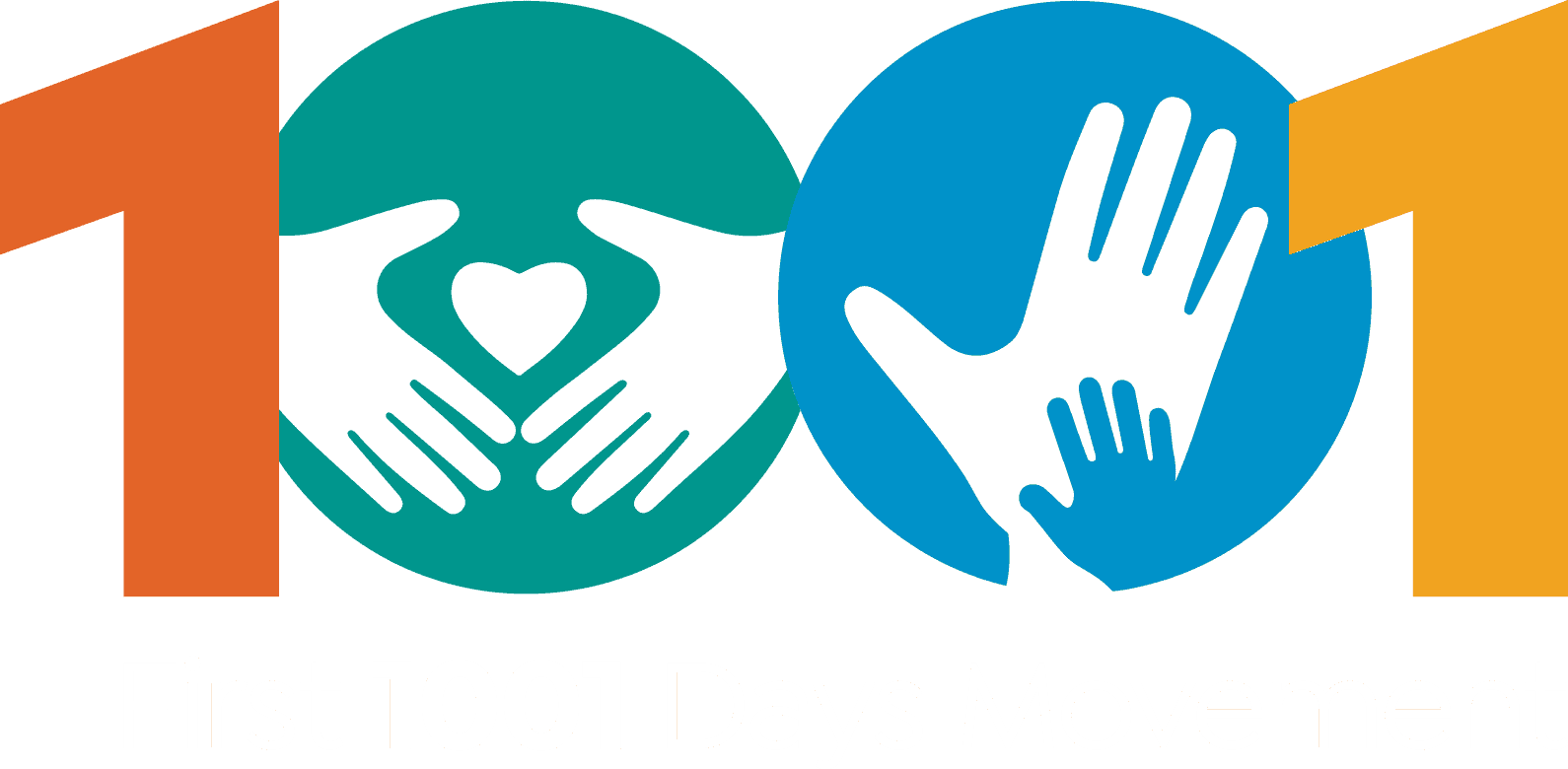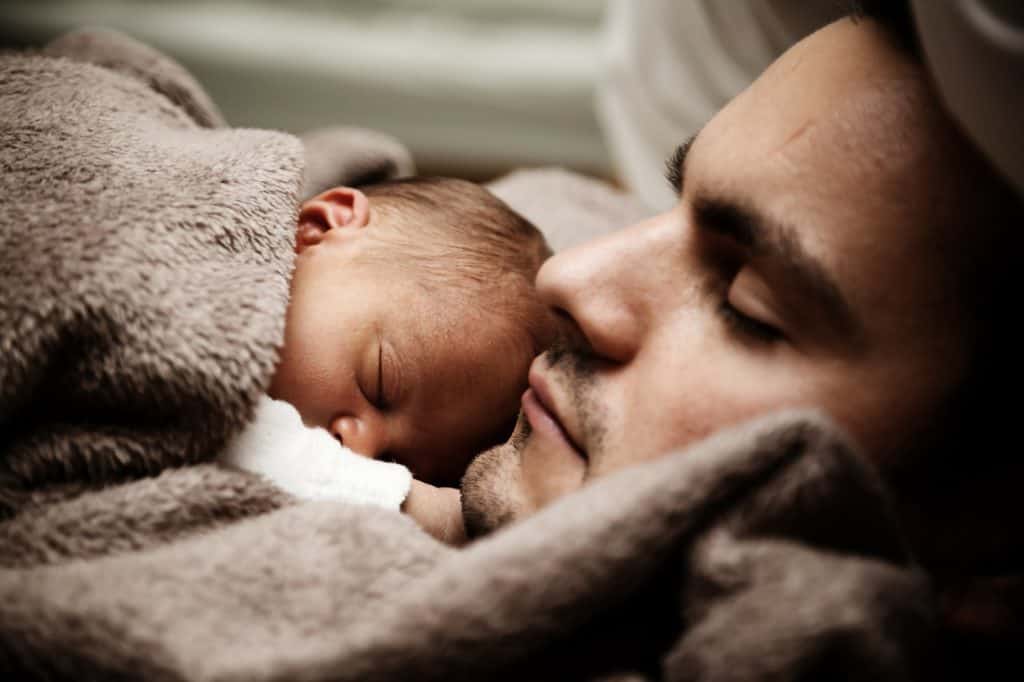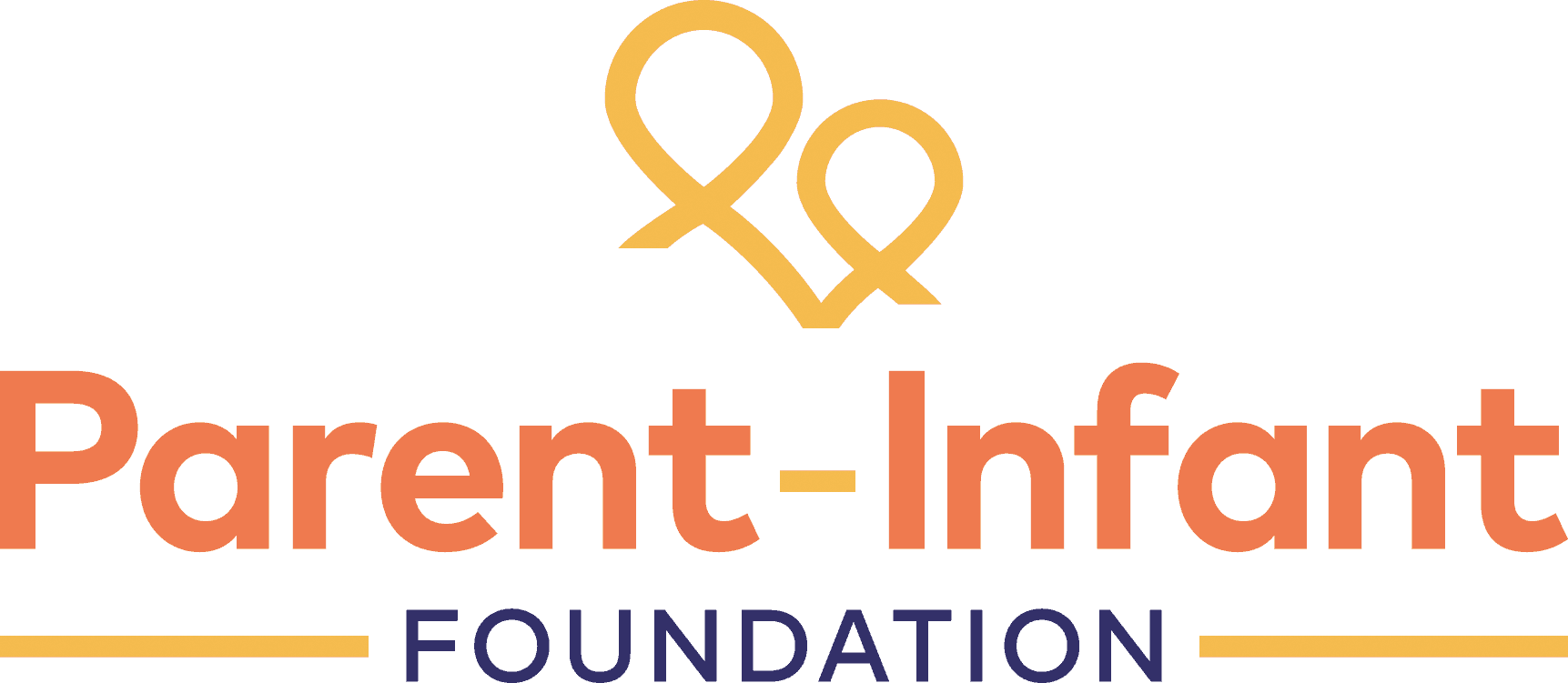


Spending Review is a Missed Opportunity to Invest in Youngest Children
Summary
Yesterday’s Spending Review was a missed opportunity to fund vital support for the youngest children, both as part of the COVID recovery package, and as a long term investment in our nation’s future. Failing to invest in the earliest years of life is a false economy, and will have costs to babies, public services and the economy for years to come. We call on the Chancellor to look again at what can be done to mitigate the impacts of COVID-19 on our youngest children, and to commit to further spending on the first 1001 days of life in the 2021 Spending Review.
Full Statement
The Government’s Spending Review had a focus on COVID recovery, and on creating new physical infrastructure – including school and hospital rebuilding and transport schemes across the country. Yet the Government did not invest in the most critical part of this country’s future – our youngest children.
The pandemic has affected all of us, but its impact has not been distributed equally. The very youngest children, including those yet to be born, are potentially the most vulnerable to stress and adversity. The pandemic may have a greater impact on their longer term outcomes because it has occurred at such a key developmental stage. There has been nothing in the COVID-recovery package specifically for these children and their families.
There is growing evidence that the pandemic has resulted in worrying numbers of babies and young children being exposed to stress, trauma and adversity which, if not addressed, could have a significant impact on their wellbeing and development now and into the future. Services working with families, which were already depleted prior to the pandemic, desperately need resources in order to respond this growing need. Failing to adequately fund these services is a false economy, it will have costs to babies, public services and the economy for years to come.
During the pandemic, we saw that services struggled to mitigate the impact of the crisis on families and to keep babies safe. Our passionate, committed workforce are not resourced to do the job that our families need them to do. The Spending Review did nothing to address this. The Review states that the public health grant is being “maintained”. The Chancellor must clarify if this means that real terms spending is staying the same. Even so, this is worrying. In 2020/21 this grant was 22 per cent lower per head in real terms compared to 2015/16. This is not sufficient. Need amongst families is growing, with increasing levels of challenges such as perinatal mental illness, poverty, domestic abuse, and the neglect and abuse of babies. Our services must be resourced to respond to this.
If the Chancellor is going to invest in the nation’s infrastructure, he must invest in human infrastructure. The science shows us that early experiences affect the development of brain architecture, which provides the foundation for all future learning, behaviour, and health. There is an opportunity now to build brains, alongside buildings, through investment in support for families in the earliest years of life. The government won’t get return on investment from school buildings, roads and physical infrastructure, if the next generation do not have the social, emotional and cognitive skills they need to thrive. An investment in the opportunities without an investment in the children who might be able to seize them is misplaced.
Investing in babies and their futures means investing in the services that support early parent-child relationships and interactions, which are so fundamental to early social, emotional and cognitive development. This includes public and third sector services, such as health visitors, children’s centres and family hubs and parent-infant teams. It also involves tackling adversity, including poverty, which can impair early brain development.
Although there has been new funding for Local Authorities and the NHS in the spending review, it comes in the context of a huge shortfalls in funding and at a time when many Local Authorities and NHS commissioners are in crisis. In this context services that work with families in the first 1001 days of life are particularly vulnerable. Babies too often come at the bottom of the list of priorities. National Government must show leadership by ensuring that a fair share of the new funding is directly committed towards services for the youngest children and their families.
The delay of the three year spending review provides some time for Government to plan long-term investment and renewal of essential services for babies and their families. We welcome the Government’s commitment, through the Leadsom Review, to look more holistically at the improvements required to support early childhood in this country. The Spending Review’s commitment to a focus on outcomes, including the introduction of shared outcomes, provides an opportunity to bring public services together to make a difference for the youngest children. Significant system change is required to give all children the best start in life, and this must be supported by investment.
We call on the Chancellor to look again at what can be done to support our youngest children to recover from the impact of COVID-19, and to commit to further spending on the first 1001 days of life in the 2021 Spending Review.
Click below to share this article

